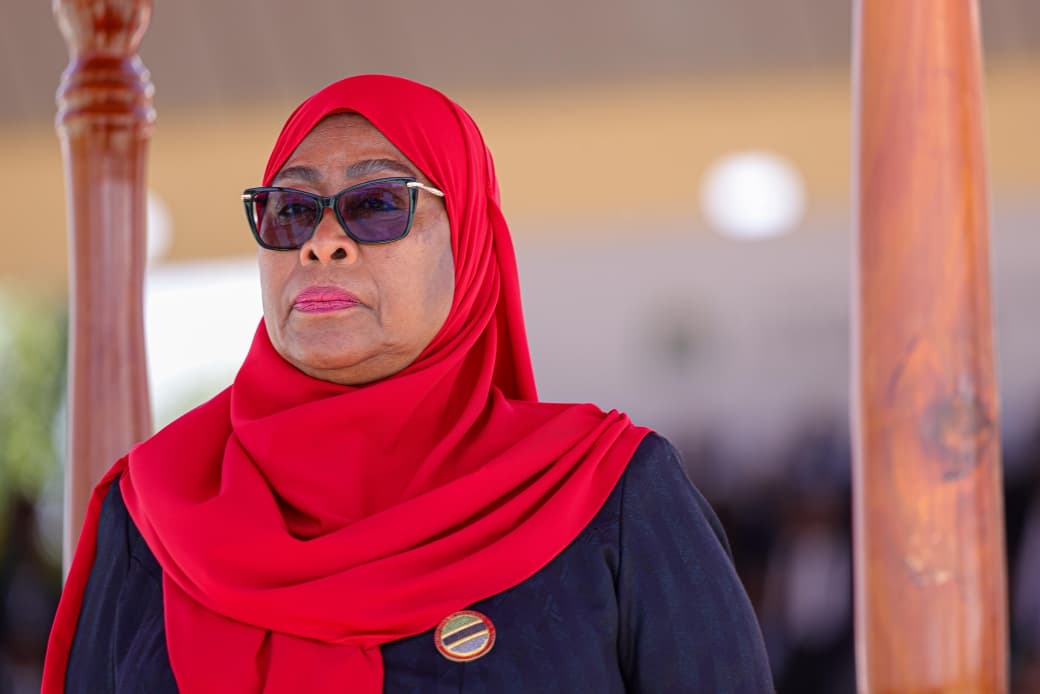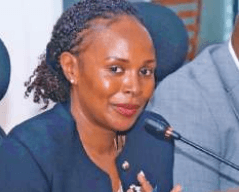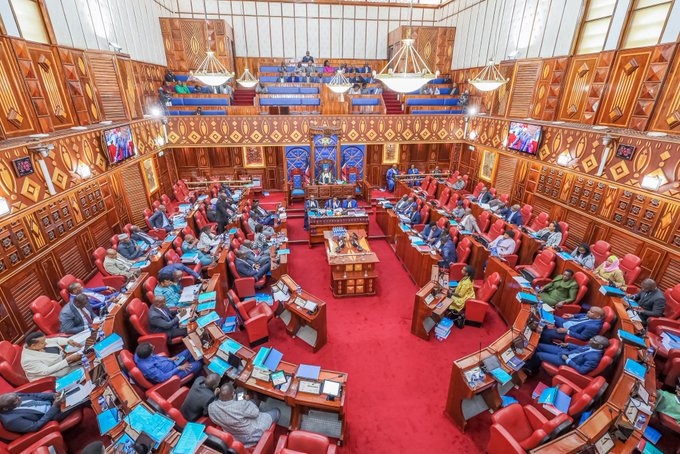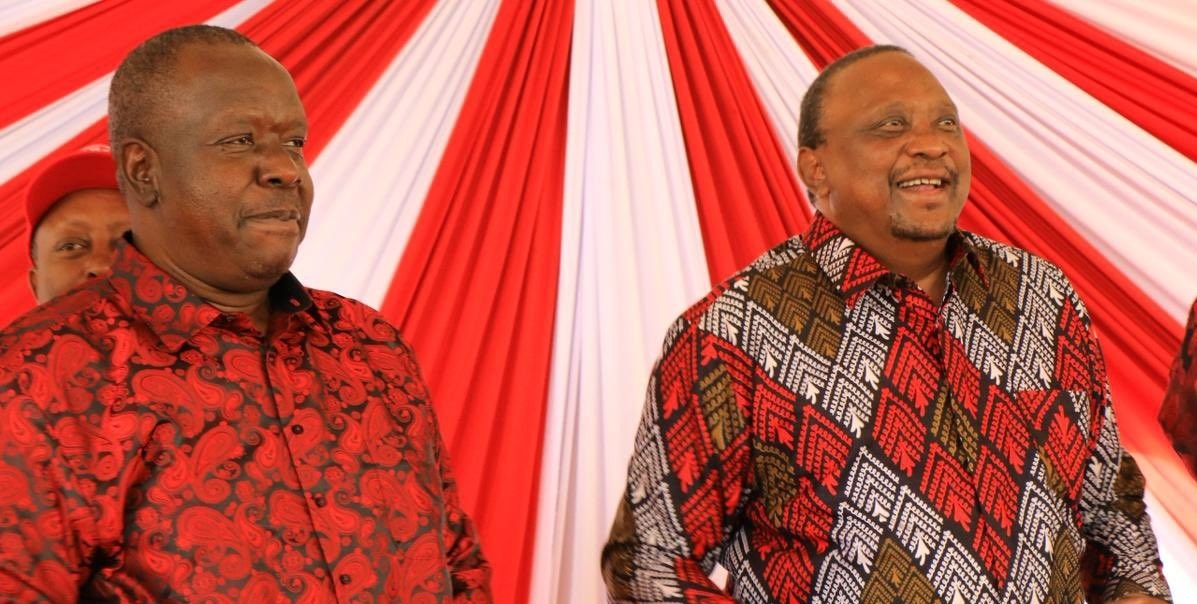The rising public debt, which has hit Sh10.25 trillion, above the legal Sh10 trillion ceiling, is exacerbated by the weakening shilling against the US dollar, Kiharu MP Ndindi Nyoro has said.
The MP, while defending the Kenya Kwanza government against accusations of over-borrowing, said Kenyans must understand the external factors like the exchange rate, which pushes the debt even further than it actually is.
The National Assembly Budget and Appropriation Committee chairperson urged Controller of Budget Margaret Nyakang’o to consider the exchange rate when calculating the public debt. He said this will isolate the actual debt and the figure passed to the public based on the changes on the exchange rate.
“Reason being our foreign debt currently is past Sh5 trillion, if there is a variation, for example, the shilling loses 10 per cent then what that means is that our public debt adds by half a trillion without actually borrowing,” Nyoro said.
He spoke in Mombasa when the committee received and discussed the Controller of Budget reports for the first quarter of the 2023-24 fiscal year.
Nyakang’o acknowledged that the public debt is affected by the exchange rates, with the shilling continuing to drop against the US dollar.
She said as at June 30, the public debt stood at Sh10.25 trillion.
“Part of this may have been due to the exchange rates going up. We all know that the shilling has lost a lot ground to the dollar and this indeed affected the figures,” Nyakang’o said.
She recommended a full audit of the loan books to establish the actual figures.
Nyakang’o, however, said that apart from the foreign exchange issues, there may be other factors that are more controllable that contribute to the rising public debt that need to be identified.
She said in any ideal situation, wages should take up a maximum of 35 per cent of the country’s GDP and development should be at least 30 per cent of it.
“If we do not know where we are, then we might not know what to improve,” she said.
Nyoro said in his own view, Kenya is not in a bad situation despite the hue and cry across the country over the rising cost of living occasioned by increased taxes and fuel prices.
“We are trying our best in terms of stabilising the macros, inflation was down to 6.7 per cent last month and we have also seen there are fluctuations around fuel but I want to assure Kenyans that we are doing our best,” Nyoro, a staunch President William Ruto ally, told journalists.
He said the government is working in the midst of global winds and storms but the Kenya Kwanza regime has what it takes to weather the storm.
On fuel, he said, the number one issue is always price but even more important is availability.
“We have seen some neighbouring countries do not actually have fuel itself and we have seen them queuing for fuel,” the Kiharu MP said.
He said the prices are not desirable even for himself as a leader, but he requested Kenyans to understand that the government is doing its best.
Nyakang’o said Sh1.8 billion was set aside to cover fuel subsidy between August and September.
She said the difference between the 16 per cent VAT and the eight per cent VAT has always remained as a subsidy.
Nyakang’o revealed that the fuel subsidy programme, which the Kenya Kwanza regime has been saying is not sustainable has actually been ongoing.
“In fact, it is only with these new prices now that we may stop with the subsidy,” she said.
Nyoro said Kenya is paying its debts and its salaries in time, releasing money to counties and projects as the money comes in.
Even after trying to assure Kenyans of a better tomorrow, Nyoro warned that things might become harder.
“Our revenue collection last month was up 20 per cent, so with time Kenya is becoming a better country. But as we become a better country, sometimes we may have to tighten our belts but this is just to make things better in the coming days,” Nyoro said.
Through the subsidy on fertiliser, Nyoro said, the government is expecting a bumper harvest of 44 million bags of maize this season.
He said they are currently channeling resources to manage the post-harvest.
For public schools, he said, monies for capitation will have been fully released by the end of next week.
“So that we have smooth running of our institutions,” the MP said.













